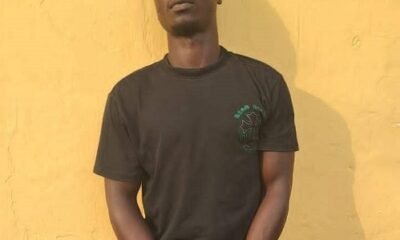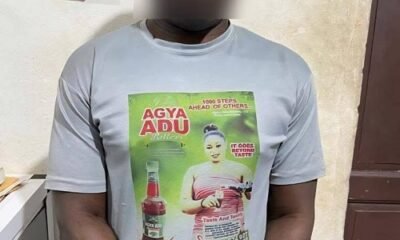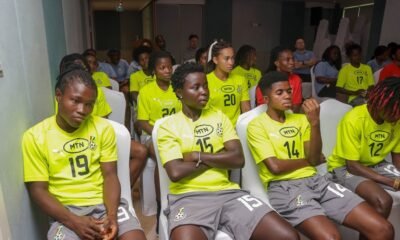News
Pieli: Into the Wild, Why Traditional Hunting Still Thrives in Northern Ghana
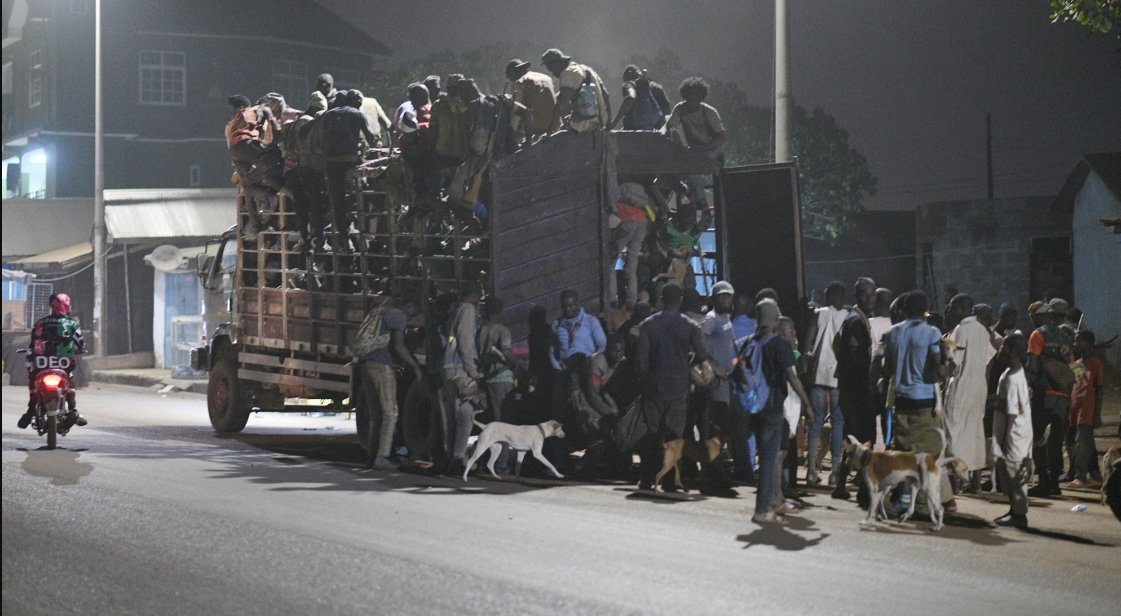
At the break of dawn in the bushes of Tibornayiri a remote village just outside Tamale, a group of men, dressed in patched smocks with their trained dogs and armed with handmade guns and machetes, slip quietly into the savanna. Charms tied around their waists sway as they move. This is not a scene from a bygone era, it happens every dry season. The men are on pieli, a centuries old communal hunt deeply rooted in the culture of Northern Ghana.
For generations, pieli is seen beyond a quest for bushmeat, but rather a rite of passage, a survival strategy, and a spiritual exercise rolled into one. Elders speak of it as a dance between man and nature, a tradition carried out with reverence for the spirits of the land and the animals pursued.
Issifu Alhassan, a 58-year-old hunter from Savelugu, said “Pieli” is a Dagbani word from the Dagomba people in Northern Ghana that refers to a traditional communal hunting expedition. It is typically organised during the dry season and involves groups of men from a village or community coming together to hunt wild animals, not just for food, but also for spiritual, medicinal, and cultural purposes.
The practice often follows specific rituals and taboos, such as avoiding certain sacred areas or abstaining from hunting on specific days. Pieli is seen as both a practical means of survival and a symbolic act of unity, bravery, and ancestral connection.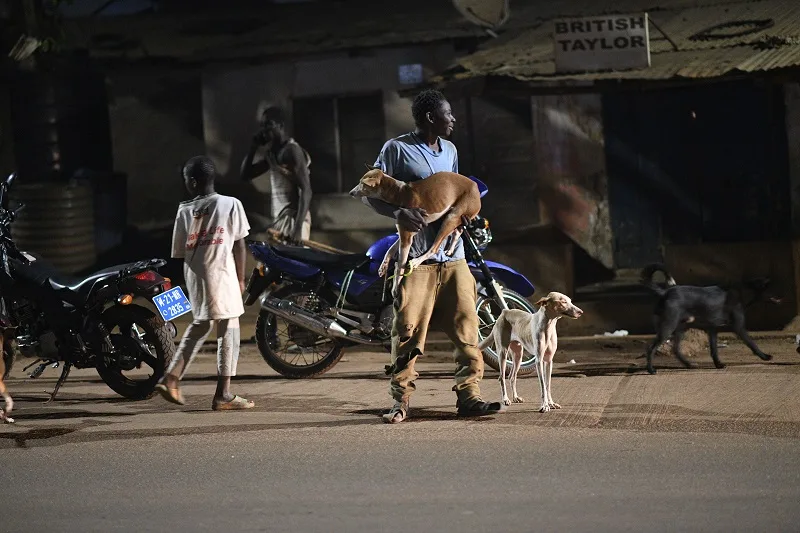
He said, they don’t hunt just to fill their pots, but rather for rituals, to heal the sick, and to honour the ancestors.
According to him, the hunt, which peaks between November and March, is carefully timed, the dry season strips the bush bare, making tracking easier.
“Hunters often consult lunar calendars and village elders before setting out, where in many communities, certain days are off-limits, and some groves remain sacred no hunting allowed,” he added.
Mohammed Zakaria, another seasoned hunter in an interview said, not all animals are meant to be killed, explaining that pregnant ones, are left unhunt and as well they don’t hunt near shrines, which is our way of keeping balance.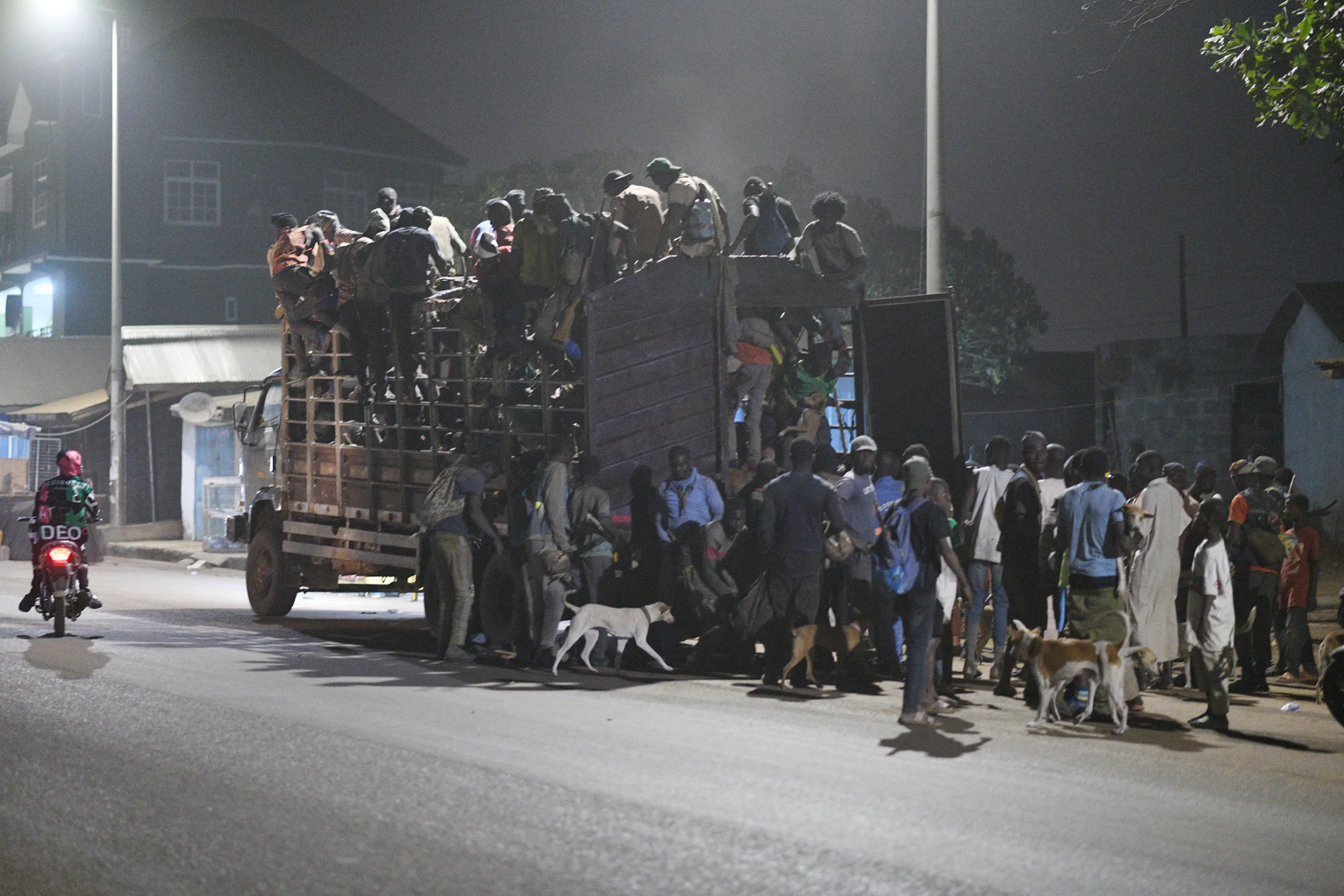
He revealed that, in the Tamale markets, bush meat once shared within families has become a commodity, which has led to rise in demand, especially during festivals, wild rabbit, bush rat, and antelope fetch high prices.
Alhassan revealed an interesting happening saying, they don’t see animals like how they used to due to degradation.
We now travel farther, using more aggressive methods, which have left us to break old rules of hunting, he said.
To curb overhunting, Ghana’s Wildlife Division enforces a “Closed Season” from August to December, banning hunting nationwide, but in the rural north, enforcement is a challenge.
Many hunters feel misunderstood. “They ban us without offering alternatives,” Zakaria says. “This is our way of life. How do we stop?”
Some communities are taking matters into their own hands, mixing modern conservation with traditional wisdom. Others call for education instead of punishment.
Mr Abdul Rahman, a conservationist working with a local NGO said, hunters should be seen as partners, in order to achieve the goal of the wildlife authorities, saying the hunters know the bush better than anyone.
With the right support, they can help protect it, he added.
As the sun start settling lower revealing it beautiful silhouette, the hunters return from the bush in trucks full of hunters with their dogs, tired, quiet, and reverent.
Their catch is modest, a grasscutter, a hare, and a few guinea fowl. Not a bounty, but enough for supper.
For now, pieli endures, not just as a hunt, but as a bond between generations
By Geoffrey Buta
News
Man sentenced to 25 years for robbery at Manso Akwasiso

A 30-year-old man has been sentenced to 25 years imprisonment with hard labour by the Bekwai Circuit Court for his role in a 2022 robbery at a mining site at Manso Akwasiso in the Ashanti South Region.
The convict, Dominic Ofori, also known as Fanta, was arrested on 16th February 2026 after years on the run. He pleaded guilty before the Bekwai Circuit Court to robbery contrary to Section 149 of the Criminal Offences Act, 1960 Act 29, and was accordingly sentenced to 25 years imprisonment with hard labour.
On March 20, 2022, the Manso Adubia District Police received intelligence that a group of armed men from Manso Abodom were planning to attack a mining site at Manso Akwasiso to rob the owner of gold concentrate. Acting on the information, police mounted a coordinated operation and laid an ambush at the site.
At about 5:30 pm the same day, four-armed men arrived at the site, fired indiscriminately, and robbed the miners of their gold concentrate. The police team on surveillance intervened, resulting in an exchange of gunfire.
Three of the suspects, Abu Abubakar, Musah Latif, and Gideon Takyi, sustained gunshot wounds and were pronounced dead on arrival at St Martins Catholic Hospital at Agroyesum. Dominic Ofori escaped at the time but was later arrested and put before the court.
The Ashanti South Regional Police Command has assured the public of its continued commitment to combating violent crimes and bringing offenders to justice.
News
Ashanti police arrest man for publishing false news on TikTok

The Ashanti Regional Police Command has arrested 45-year-old Isaac Boafo, also known as “Duabo King,” for allegedly publishing false news intended to cause fear and panic.
Police said the arrest follows a viral TikTok video in which Boafo claimed that four officers at the Central Police Station in Kumasi engaged in inappropriate conduct with commercial sex workers during night patrols in Asafo.
Officers from the Police Intelligence Directorate (Ashanti Region) apprehended Boafo after receiving intelligence about the video.
During questioning, he admitted to creating the video to attract views and engagement online, and acknowledged that he could not prove the allegations.
Boafo also admitted making comments about the President of the Republic for content purposes and could not defend those statements.
He has been formally charged and is in detention as investigations continue.
The Ashanti Regional Police have warned the public against publishing or sharing false information on social media, noting that such acts can cause fear, panic, and damage reputations.
They said anyone found engaging in similar conduct will face legal action.
By: Jacob Aggrey

